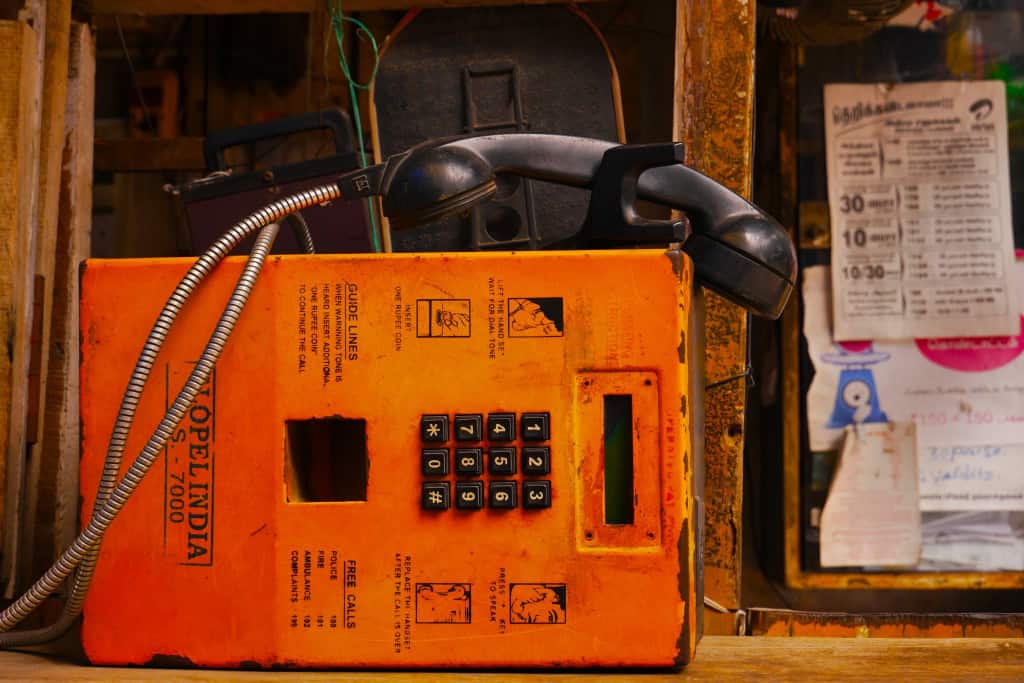Your phone number is a password. Treat it like one.
Would you give a sleazy dude you just met your real digits? Then why do you use your real number to sign into apps?
Phone numbers are totally underrated. For some reason we see them as friendly bits of information that connect people. Actually, they’re portals to all your stuff.

As a person with a pulse in the digital era, you’ve used two-factor identification. If a bad guy has your username and phone number, they can choose the TFA option to reset your passwords and gain access to all your stuff. And I mean ALL your stuff. Just a few minutes’ browsing on social media can reveal answers to bank security questions: first pet, favourite teacher, hmm, maybe these questions aren’t so secure after all.
So how does a bad guy get your number in the first place?
First, let’s talk about motivation. Selling phone numbers is a thing on the Dark Web. So the person who stole your number isn’t always the person stealing your identity.
Hackers can break into your phone from the comfort of their greasy dens.
Someone might see you writing it on a form at the chemist, or hear you telling it to the cashier because you forgot your loyalty card. Or somebody found a contact list in your recycling bin.

What can you do about it?
- Get a fake phone number. Virtual numbers are VPNs for your phone.
- Keep up with software installations.
- Consider anti-virus protection for that little computer that also makes calls.
- Opt out of sharing your phone number on social media- if a social site gets hacked, so do your detes.
- Establish a secondary PIN or password with your mobile carrier that must be used when changes to the account are made.
- Google yourself. Does your number come up?
- Getting flooded with calls? Evildoers may be blowing up your phone to get you to turn it off, then do a number swap.
- If your phone starts acting squirrelly, contact your bank ASAP.
Next time someone asks you for your phone number, think before rattling off those familiar digits.









